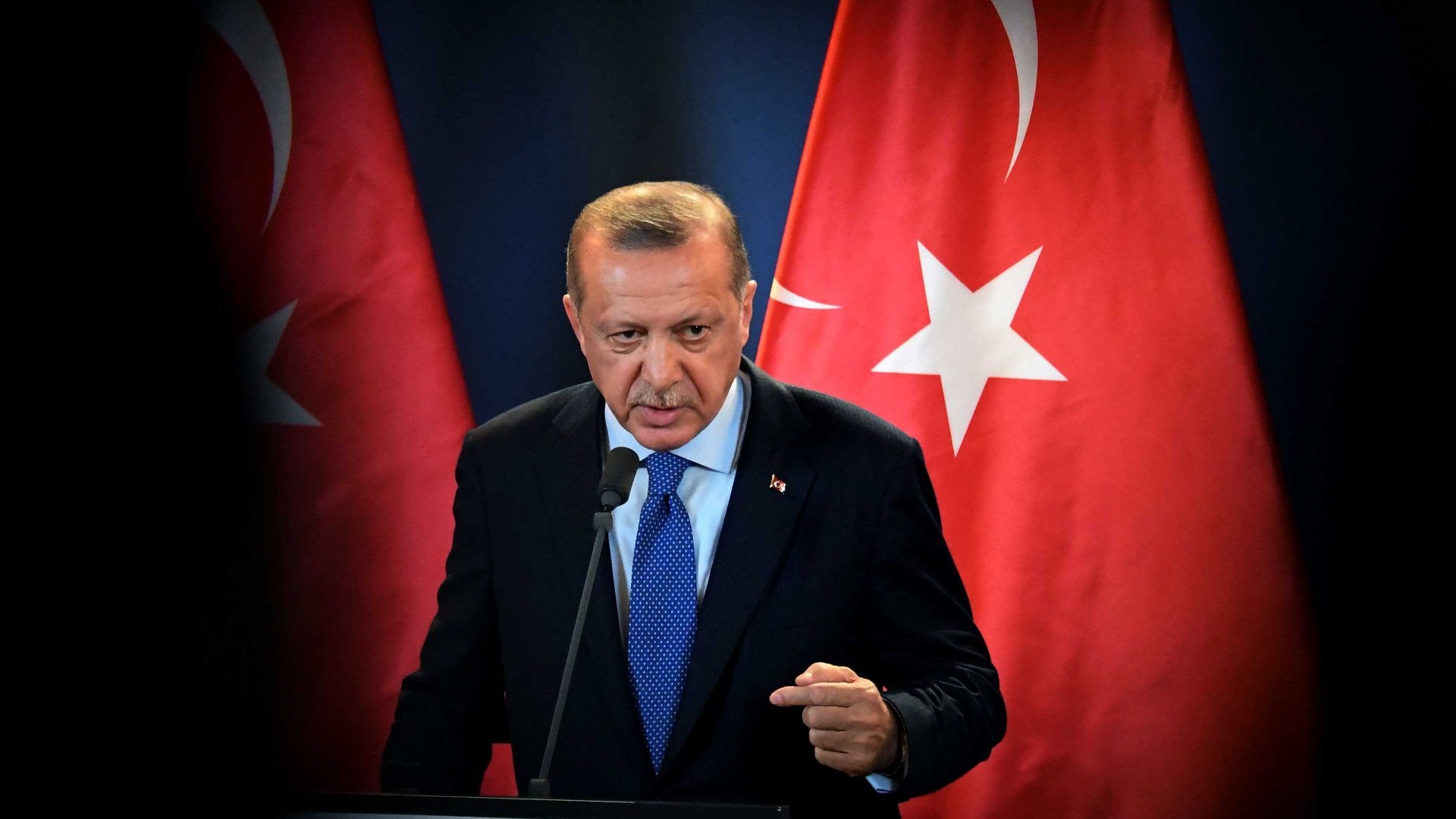The president of Turkey, Recep Tayyip Erdoğan, announced in 2021 that he would like those of us who had hitherto been calling his country Turkey, namely English speakers, to instead start using the name Türkiye (pronounced as three syllables), which has been the name of his country in Turkish since it became a republic in 1923.
It is rather as if the president of Germany, Frank-Walter Steinmeier, had asked us to replace “Germany” with “Deutschland”. Or the president of Finland, Cai-Göran Alexander Stubb, had asked English speakers to stop using our name for his country and start employing the Finnish name, Suomi.
The UN agreed to Erdoğan’s requested change, and this did lead to the Turkish team at the Olympic Games in Paris competing under a banner reading Türkiye. The US State Department has said that, although “the conventional name [Turkey] can be used if it is in furtherance of broader public understanding”, the department will from now on use “Türkiye” in most formal diplomatic and bilateral contexts, including in public communications.
There is little sign as yet though of ordinary people from Britain or Ireland, or any other Anglophone country, telling friends they are going on holiday to Türkiye, although this could eventually happen. When I was at school we used to call Iran Persia. Sri Lanka not so long ago was most often called Ceylon.
One of the reasons Erdoğan gave for his request to the UN was that the English word turkey can mean “something that fails badly”. But this is generally not true of British or Irish English: the Oxford English Dictionary says that the word in this pejorative sense is US slang, dating from 1927 and meaning “an inferior or unsuccessful cinematographic or theatrical production, a flop; hence, anything disappointing or of little value”.
Another concern for the Turkish president is apparently that in English, turkey also refers to a large, edible, flightless bird. This usage came about because the turkey was initially confused with the not totally dissimilar guinea fowl which, although a native of Africa, first arrived in eastern Europe via the Ottoman empire. But it is not clear what exactly Erdoğan finds objectionable about this, especially since turkey is widely considered to be desirably tasty.
In comparison, English speakers have been using the word china for 400 years to mean “an impermeable translucent ceramic material” without, so far as I know, any serious objections on the part of any government of China. Morocco can refer to a particular kind of leather, but residents of that north African country do not seem to mind. A panama is a type of hat, but as far as I know, no one in Central America has ever shown much sensitivity about this.
And in the same vein, a cypress is a kind of coniferous tree, but I am not aware of any evidence that citizens of Cyprus have ever voiced misgivings about their country’s English-language name, not even the inhabitants of the part of the island which calls itself the “Turkish Republic of Northern Cyprus”. This is an entity which is not officially recognised by any other polity in the world – except, as it happens, by Türkiye.
HINDI
It is perhaps rather ironic that the Turkish-language word for the name of our typical Christmas fare, the turkey, is hindi, which literally means “Indian, of or connected to India” in Turkish. The Hindi word for turkey is tarkee. And the Hindi name for the nation state of Turkey is also Tarkee.




